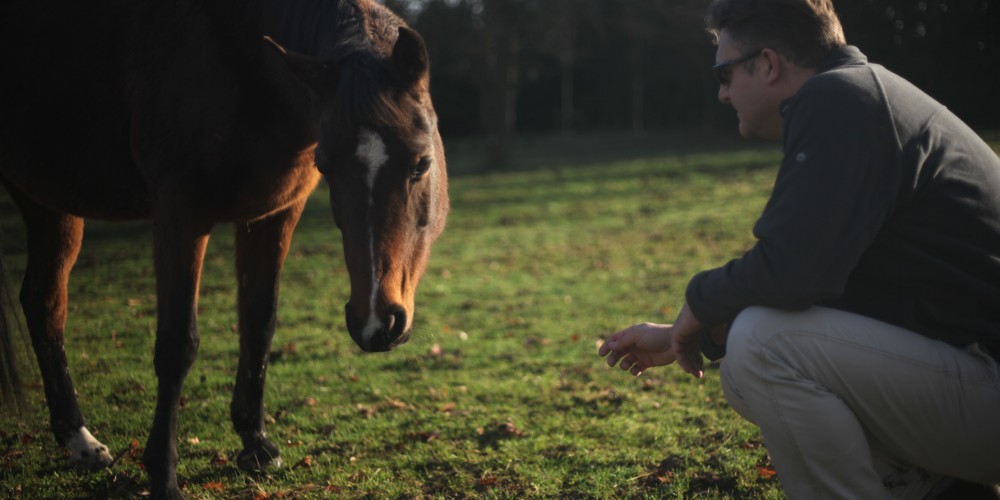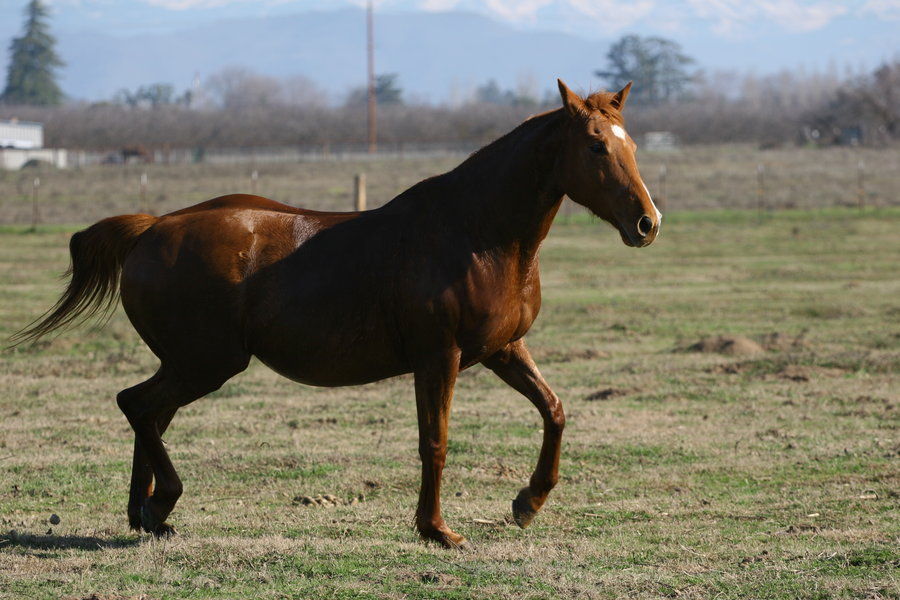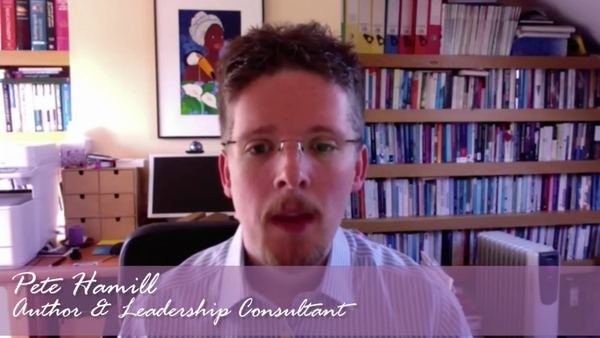Effective Leading
February 10, 2015 by Kathleen
Written by Erika Uffindell posted on the Global Centre for Conscious Leadership:
What does three days spent with a herd of horses and conscious leadership have in common? A lot as it turns out!
For some people, spending three days with a herd of horses would be a sublime way to spend their time. For others it might be close to terrifying. However, this is what I have just done in order to understand how horses help us become better leaders. For clarity, I have worked with horses before in terms of personal development, but this specific program demonstrated to me the importance of bringing our full capacity to leadership. The program was entitled The Zone of Intuitive Knowing – but I renamed it ‘Everything you need to know about what’s holding you back from leading effectively.’
Leadership skills can emerge from all manner of places – traditional and non-traditional – if we are open to embracing new ways of thinking and being. Today we speak about emerging leadership practices like embodied leadership, mindfulness, spiral dynamics, systemic coaching, meditation and many other ways of helping to bring our full selves to our leadership roles. To be fully present in order to exercise the right judgement is key, whether that’s taking difficult decisions, building relationships or creating a vision for the future. As leaders we need to be able to work at our full capacity to consciously effect positive outcomes for our organisations.

So, back to the horses. I felt in very safe hands with Kathleen Barry Ingram (Co-Creator of the EPONA approach) and Sun Tui, founder of IFEAL (International Foundation Equine Assisted Learning). The work is a blend of theory, including the science behind how our brains work (yes, ‘brains’; we have three – the head the heart and the hara or gut) and the practice of applying these. According to Kathleen and Sun Tui, it’s our ability to integrate all three brains that is key for leadership today. I am grateful to be practiced in this thinking and work through my day-to-day leadership facilitation and consultancy, but I was intrigued to see how this applied when working with the herd.
For many leaders the challenges of today’s business world – strategizing, managing complexity and the continual overload of information – means we live in our heads most of the time. And just occasionally we get to use our hearts when dealing with more human-centered situations. What we tend to do under pressure is either move into our heads, using data, or swing into a more emotional response, using our hearts.
What this work shows us is how to connect the ‘three brains’ of the head, heart and hara (the gut) to remain connected and awaken that deeper sense of knowing that manifests in ‘right thought, right action.’
Working to integrate these three is of course pretty tricky, particularly when you haven’t done it before. The missing piece in enabling us to do this effectively is, I found out, the horse.
Horses have the ability to mirror our presence and offer immediate feedback. What often happens in tough situations is our relationship with our self and with others is lost or put aside when a goal, difficult decision or time constraint is present. What we learn from the horse is how to remain grounded in relationship. Maintaining connection whilst manifesting our goals and intentions involves our heart, intention from our brain, and pressure (or direction) from the belly or power center of our bodies. When one is predominant (or where balance is lost) the horse will often stand stock-still or be overcome with confusion. Basically that means we are ‘really not getting through’ in the way we need to.
It took time to get used to this type of practice, to be aware when one is switching into the rational mind alone and of the disconnection that is so easy to fall back into.
As Pete Hamill writes in his book Embodied Leadership: “These types of practices enable us to live more fully in our body, rather than a short distance from them and to experience that connection to emotions, purpose and our shared humanity – through this lies the path of leadership and mastery.”
I witnessed and experienced frustration, vulnerability, empowerment, inspiration, connection, reflection and stillness during those three days. The moment when you really connect with a horse, using the three brains, you feel the difference – and it fills you with an incredible sense of deep knowing. It shows you what is possible in human relationships when we are fully present and use our full capacity. The difference this could make to how we lead, connect and engage with others is profound and truly being in relationship to self and others is an incredible feeling – it’s like ‘coming home’.
Join Pete Hamill (Author of Embodied Leadership) for a morning workshop in London on Friday 27 Feb 2015.

